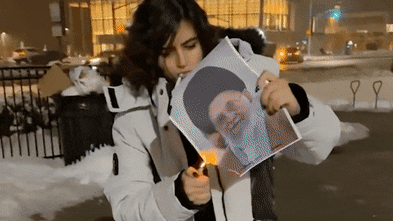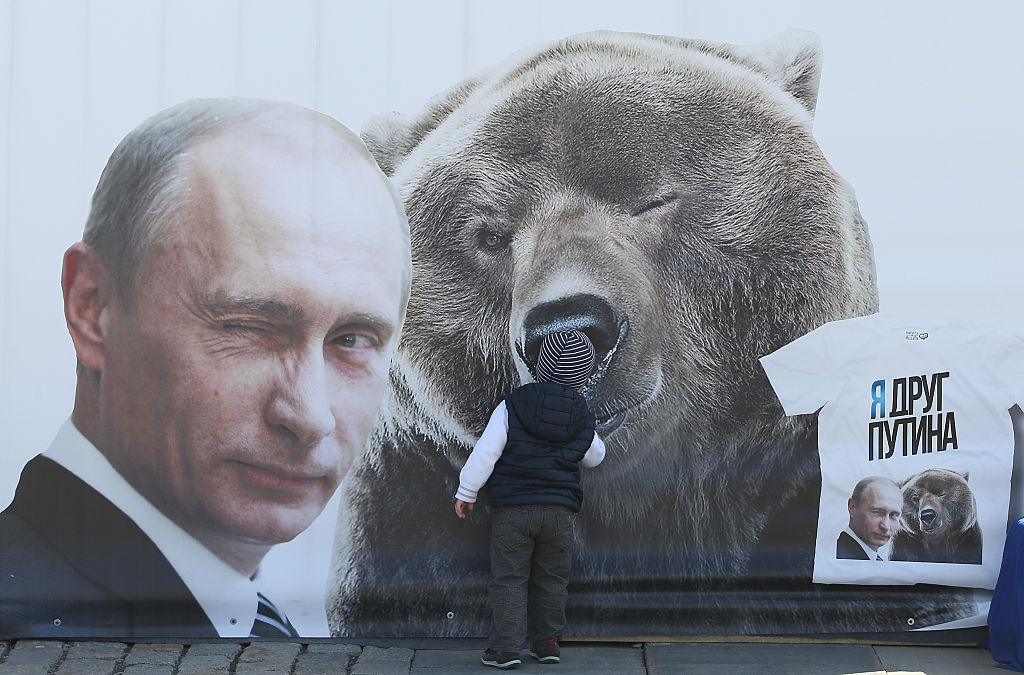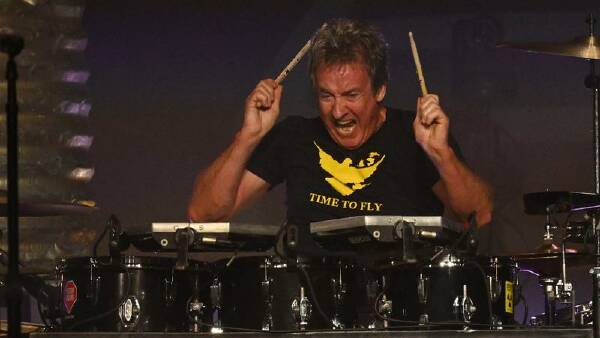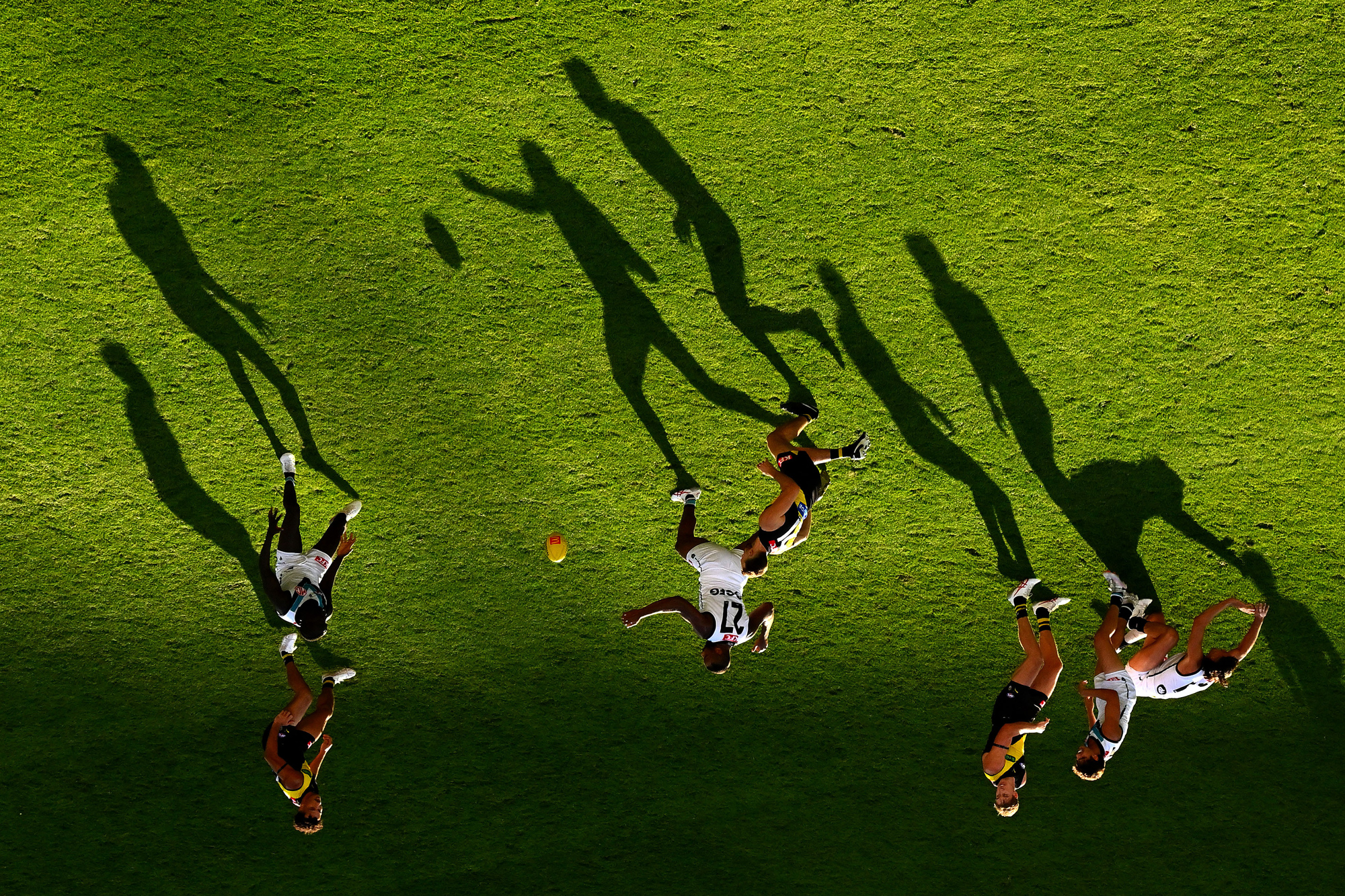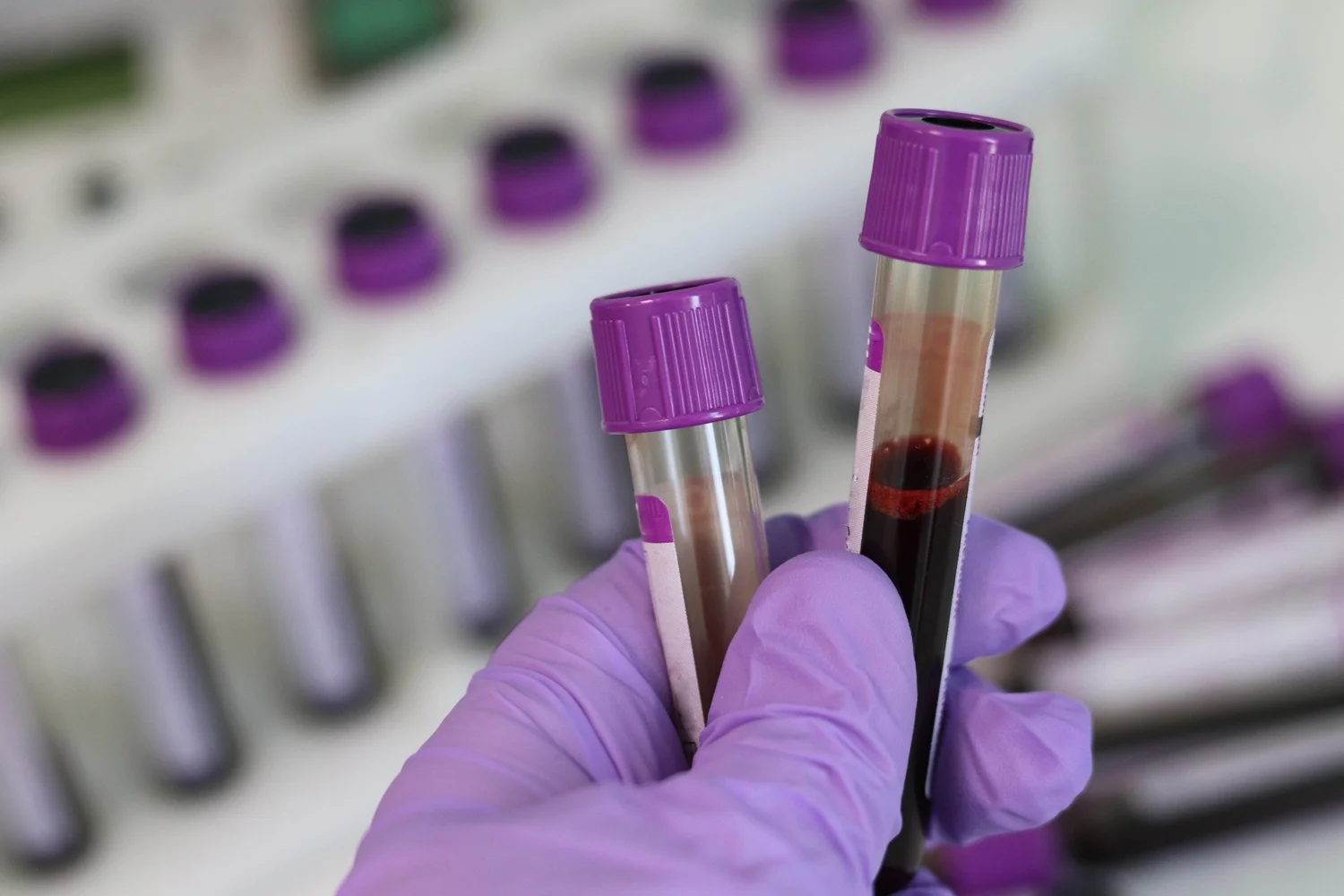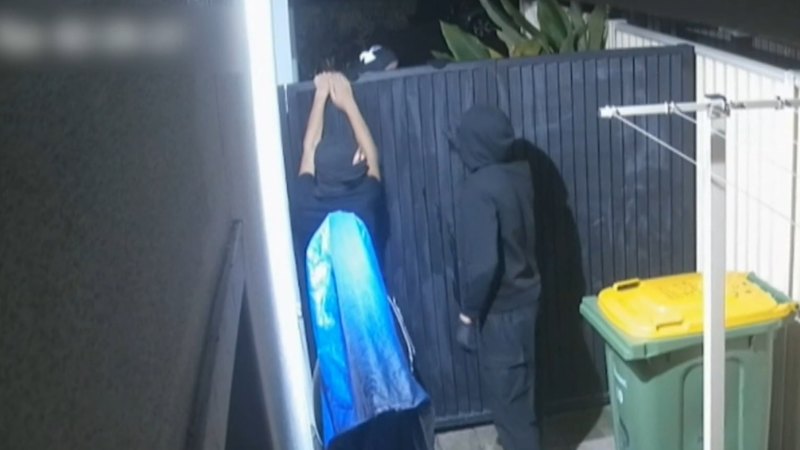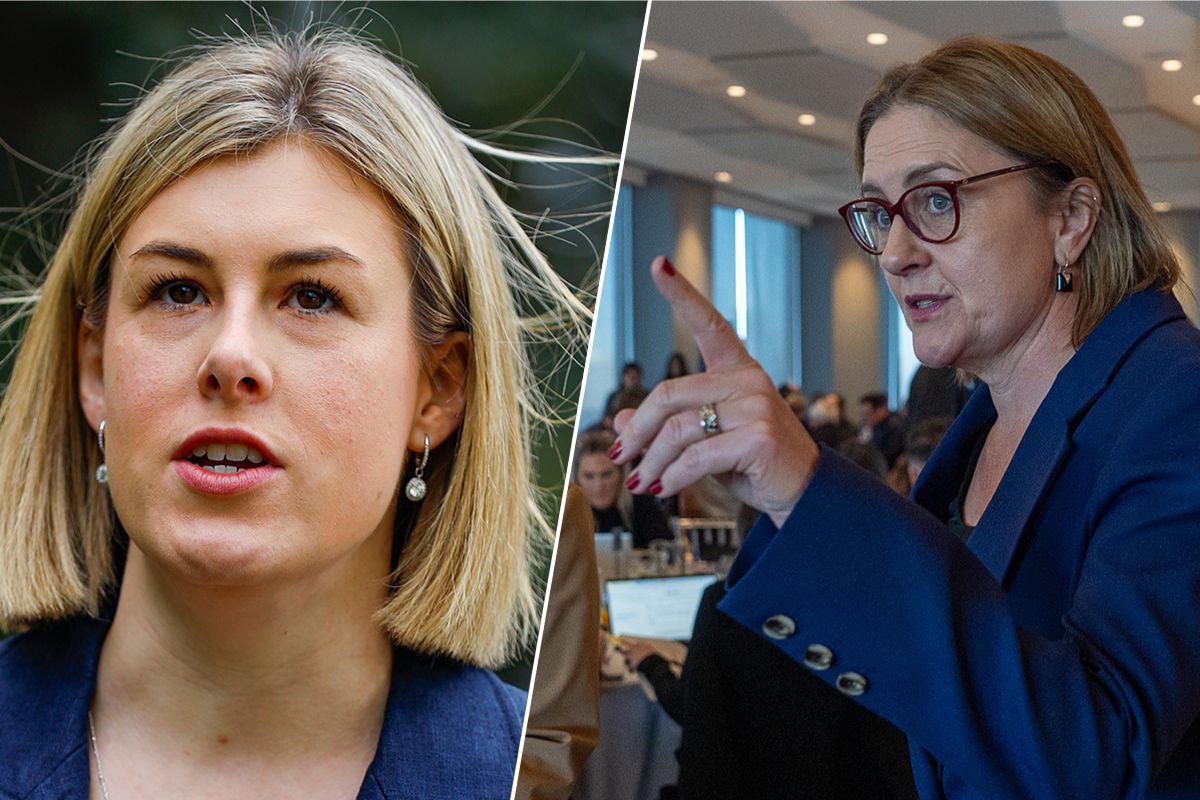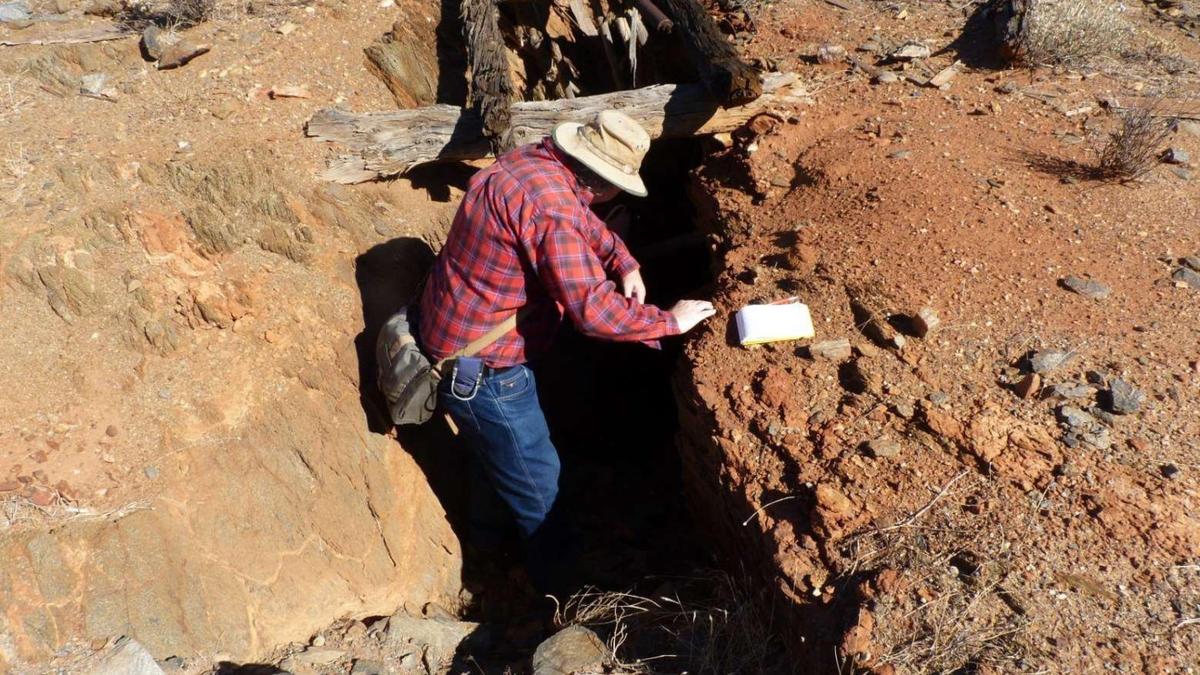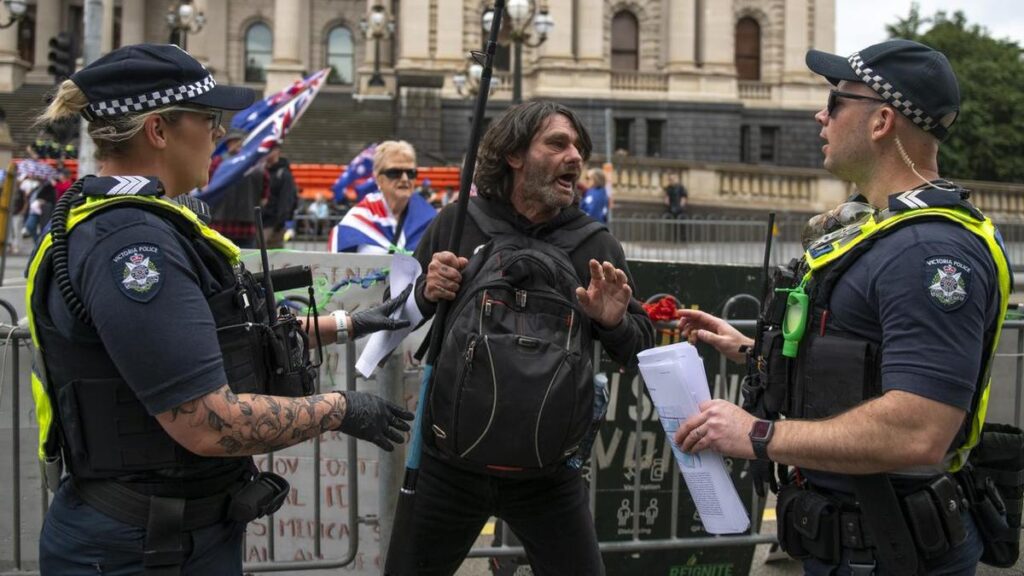
URGENT UPDATE: Civil unrest in Melbourne’s CBD has sparked immediate calls for safety measures following violent protests that left two police officers injured. The clashes occurred on Sunday, with riot police facing large rocks and shards of glass while attempting to separate an anti-immigration rally from a counter-protest against racism.
The disturbing scenes have raised significant concerns for tourism, as potential visitors may reconsider their plans amid escalating violence. This comes on the heels of a state crime wave, with criminal incidents in Victoria now at their highest level in 20 years.
Lisa Patroni, chief executive officer of the Victoria Tourism Industry Council, expressed alarm, stating, “We know that tourism and hospitality businesses are doing all they can to ensure guests feel safe, but this is a city-wide issue and tourism operators cannot carry the burden alone.” She emphasized the urgent need for government and industry collaboration to reassure travelers about Melbourne’s safety.
The protests have been linked to a nationwide “March for Australia” rally, where notorious group leader Thomas Sewell was reported to have incited violence before his group allegedly attacked an Indigenous site. In addition, ongoing pro-Palestine protests have caused significant traffic disruptions and impacted local businesses since the Hamas attacks on Israel on October 7.
The call for action has intensified, with Scott Veenker, chief executive of the Committee for Melbourne, urging the implementation of a permit system and designated protest zones to prevent further violence. “Businesses and residents are calling for action, not platitudes,” he stated. “We never want to see scenes like this again.”
Despite these calls, Premier Jacinta Allan has resisted the idea of protest permits. Earlier this year, Chief Commissioner Mike Bush confirmed that introducing permits was deemed unnecessary. In December, Allan proposed bans on protests outside places of worship and face coverings, but these laws have yet to be enacted.
Allan defended the city’s reputation, stating that it is “wrong and misleading” to associate the actions of a “small number of people” with the overall safety of Melbourne. However, the recent unrest has prompted concerns about the impact on tourism. According to Australian Trade and Investment Commission data, Victoria saw a 11 percent drop in overnight domestic tourism spending in the June quarter, plunging to $4.7 billion. In contrast, international tourism spending rose by 20 percent year-on-year, totaling $9.8 billion.
Patroni reassured that Melbourne’s standing as a world-class destination remains intact, citing its rich offerings in entertainment, sports, food, and culture. “Seasoned travelers are well informed about where they are traveling to and adapt their behavior accordingly,” she noted, underscoring that Melbourne has historically been a safe city.
As tensions continue, authorities are urged to take decisive action to restore confidence among residents and tourists alike. Travelers and locals alike are left wondering how the city will navigate the fallout from these violent protests and what measures will be taken to ensure public safety in the coming days.
Stay tuned for further updates as this story develops.
